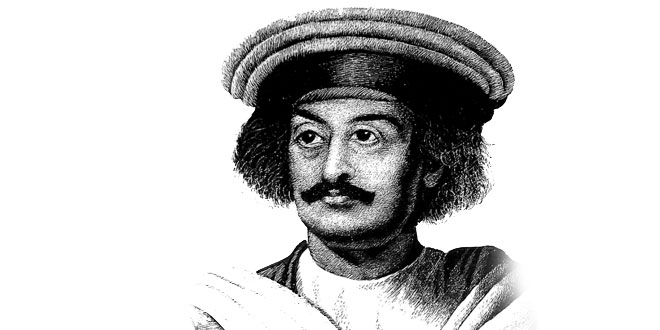Question: How did the knowledge of ancient texts help the reformers promote new laws?
Answer: The reformers tried to convince people that widow burning, caste distinctions, child marriage, etc had no sanction in ancient texts. Their knowledge of ancient texts gave them immense confidence and moral support which they utilized in promoting new laws. They did not get feared when people raised voice against the reforms they had brought.
Question: What were the different reasons people had for not sending girls to school?
Answer:
- In fact people afraid of the schools that were opened in the mid-19th century. They had their own reasons.
They feared that schools would take girls away from home and prevent them from doing their domestic works. - As girls had to travel through public places in order to reach school, many people began to feel that this would have a corrupting influence on them.
- Several people were of the opinion that girls should be stay away from public spaces.
Question: Why were Christian missionaries attacked by many people in the country? Would some people have supported them too? If so, for what reasons?
Answer: People suspected that Christian missionaries were involved in forced conversion of the poor and tribal people from Hinduism to Christianity. If some people have supported them, it must be due to the reason that the poor and the tribal people, converted to Christianity, would get a golden opportunity of going to school. The school would equip them with some resources to make their way into a changing world.
Question: In the British period, what new opportunities opened up for people who came from castes that were regarded as “low”?
Answer: With the expansion of cities new demands of labour created. Drains had to be dug, roads laid, buildings constructed and cities cleaned.
This required coolies, diggers, carriers, bricklayers, sweepers, rickshaw pullers, etc. This labour came from people belonged to “low” caste. They left their villages and small towns and shifted to the cities to get work. Some went to work in plantations in Assam, Mauritius, Trinidad and Indonesia.
Although it was not easy to work in the new locations, poor people saw this an opportunity to get away from the exploitation of the upper-caste.
Question: How did Jyotirao, the reformer, justify their criticism of caste inequality in society?
Answer: Jyotirao attacked the Brahmans, claim that they were superior to others because they were Aryans. Phule argued that the Aryans were outsiders. They came from outside the sub-continent, and defeated and subjugated the true children of the country—those who had lived here from before the coming of the Aryans. These Aryans established their dominance and began looking at the defeated population as low-caste people. Phule opined that the “upper’ castes had no right to their land and power. The land, in fact belonged to the natives, who were considered as low-caste people.
 Class Notes NCERT Solutions for CBSE Students
Class Notes NCERT Solutions for CBSE Students


